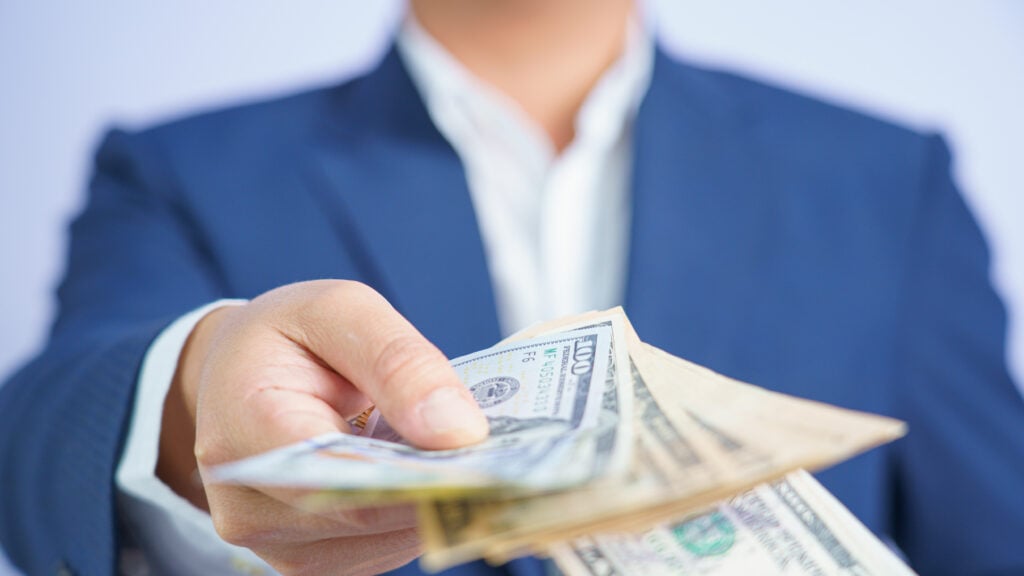Last night, Senate Democrats announced an agreement on the Inflation Reduction Act that, among other changes to a previous version of the bill, would apply a 1 percent tax on corporations repurchasing their own stock. This proposal was included in the House-passed Build Back Better Act last year and was estimated at that time to raise $124 billion over 10 years (see an earlier ITEP analysis of that proposal here). This measure would ensure that income transferred from corporations to wealthy shareholders does not continue to escape taxation.
Stock buybacks, like dividends, are a tool that corporations use to give earnings to their shareholders because they have decided that that the money is more valuable outside the company rather than reinvested back in the company. Where dividends achieve this by giving cash directly to their shareholders, stock buybacks work indirectly. When a company reduces the number of its outstanding shares on the market through a stock buyback initiative, it increases the value per share for remaining shareholders. (As explained in the earlier ITEP analysis, the relationship between stock buybacks and shareholder value is not always one-to-one, but it is almost always positive.)
Stock buybacks are not taxed like dividends though, creating a distinct preference of investors for stock buyback initiatives over cash dividends. Dividends are taxed as they are distributed, and for most investors and stocks, they are taxed at a rate of 15 to 20 percent (15 to 30 percent for foreign investors). Stock buybacks, however, do not create an immediate taxable event but rather increase the taxable capital gains that investors will pay when they sell those shares.
The problem is those capital gains are often never taxed at all. If the owner of the shares holds onto their stock, they will not be taxed, as their gains are considered “unrealized.” Whether their gains are realized or unrealized, their ability to buy things—what economists and normal people alike would call income—has increased. And if they pass their stock holdings onto their heirs, the capital gains will never be taxed at all, benefiting from the step-up in basis rule.
If an investor benefiting from a corporate stock buyback does not live in the United States, they may not pay anything at all on their capital gains. Foreign investors (who own around 40 percent of US corporate stock) are not subject to the federal personal income tax that would apply to their realized gains if they lived in the United States. The federal government does, however, tax dividends paid to foreign investors at rates ranging from 15 to 30 percent. If the capital gains rate in their home country is very low, there can be dramatic tax savings for stock buybacks compared to dividend distributions.
The proposal by Senate Democrats would apply a 1 percent excise tax to corporations when they buy their own stock. While it would certainly mark forward progress to ensuring that wealthy investors are paying something at all on their asset appreciation, it is not clear the extent to which it would put the tax treatment (and therefore investors’ preferences) for dividends and stock buybacks on an equal footing.
The 1 percent rate is obviously much lower than the rate on most dividends. As explained in the ITEP analysis of the proposal included in the Build Back Better Act, the stock buyback tax would need to be more in the neighborhood of 12 percent to achieve tax parity with the dividends tax in terms of revenue collection.
On the other hand, the stock buyback tax is mechanically quite different from the dividends tax, decreasing the after-tax income of the corporation rather than the after-tax income of its shareholders. Around 35 percent of the owners of U.S. corporate stock are non-taxable accounts, mostly retirement accounts. These shareholders are not affected by dividends taxes but would pay some portion of the stock buybacks tax through the value of their shares. These shareholders would unambiguously prefer dividend distributions over buyback programs with this excise tax in effect.
Congress should enact this provision now. Corporations have increasingly used stock buyback initiatives to benefit their shareholders while avoiding the income taxes that would apply to dividend distributions that are functionally equivalent. In the first year after the Republican’s 2017 tax reform bill, corporations repurchased a record $1 trillion in their own stocks. This provision from Senate Democrats would at very least impede companies’ ability to engage in stock buybacks totally tax free. And at best, it will shift investor preferences enough to curb the runaway growth of stock buybacks.





